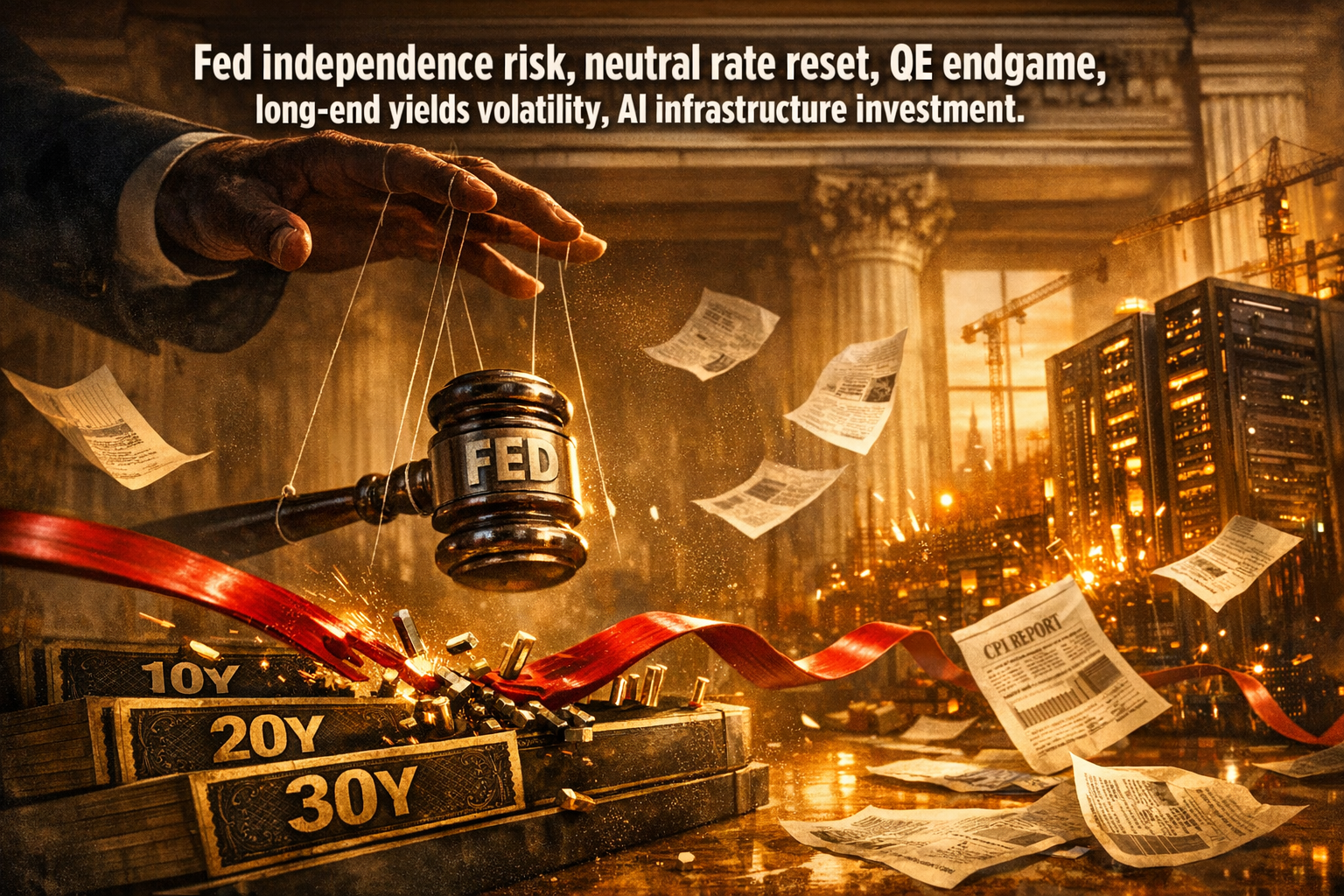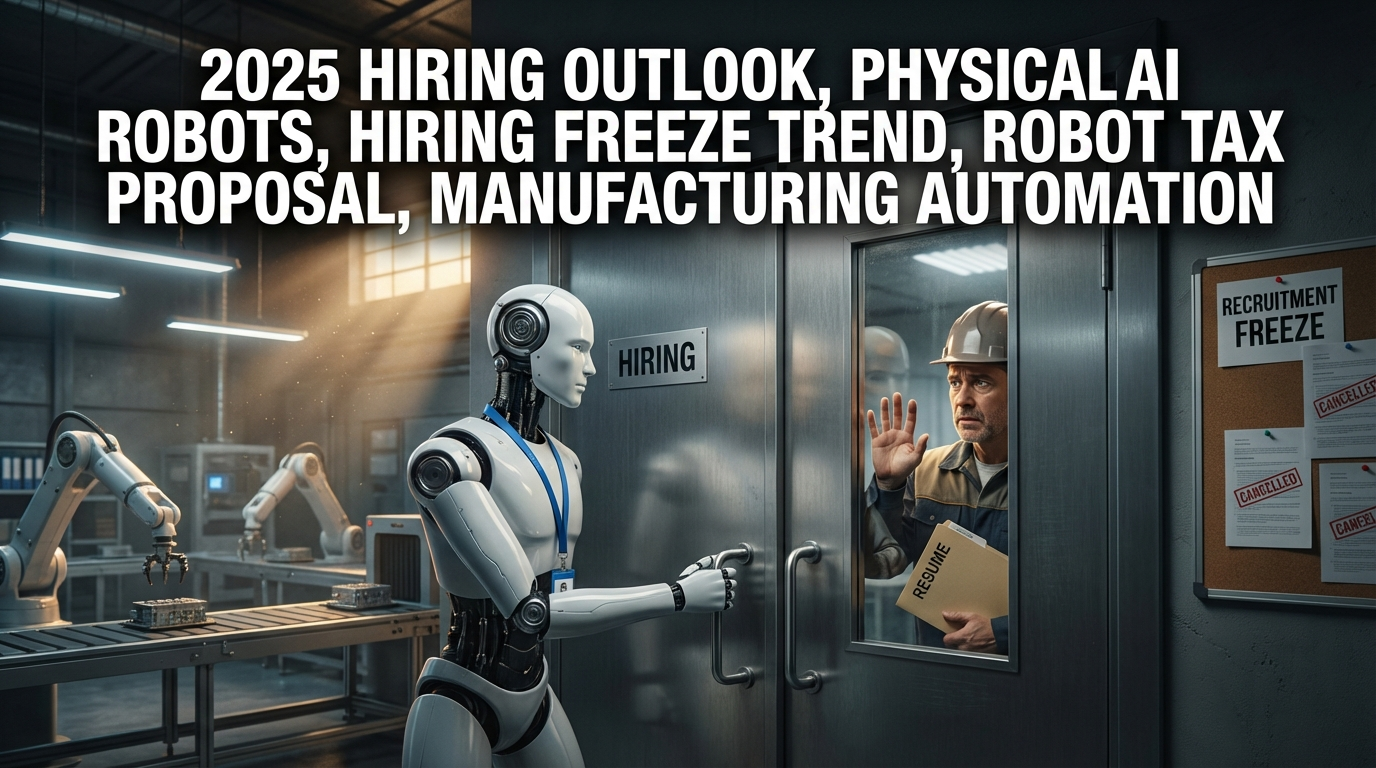● Greed, Not Ambition
Understanding Desires and Anxieties in the Economy, and the Dynamics of Investment and Salary!
[1] The Correlation Between Desire and Competence
Let’s talk about how having a desire to make money requires the competence to turn that desire into reality.
It is emphasized that competence is an ability built through one’s own growth, experience, and effort.
For example, the case of building 50 billion won in assets in about 10 years starting from a seed money of 100 million won shows a process of gradual growth starting from small goals.
In this process, desire and competence stimulate each other, showing a step-by-step leap forward.
For readers interested in the global economy and investment strategies, it is key to understand how to harmonize personal dreams and real-world capabilities.
[2] The Appropriate Role of Anxiety and Economic Incentives
Anxiety is not just a negative emotion in itself, but it also serves as a motivator to safely exercise one’s abilities.
For example, the anxiety of gas or boiler inspections actually plays a role in preventing danger, and a certain amount of anxiety in an office worker’s request for a salary increase is necessary to pursue self-improvement.
In economic forecasting and stock market analysis, an appropriate balance between anxiety and desire is an important factor in establishing investment strategies.
We must consider how to wisely utilize anxiety and desire to protect what we have and, furthermore, for sustainable growth.
[3] A Realistic Approach to Salary Increase Rates and Economic Growth
Currently, the salary increase rate is usually around 2-5%, near the inflation rate.
In this situation, it requires steady growth and effort from a young age for someone with an annual salary of 30 million won to reach 50 million won.
If you aim for 10% growth every year, considering that it is possible to double in 7 years, realistic incentive systems and corporate growth structures play an important role.
In the case of CEO salaries, it is desirable to establish a reasonable compensation system according to corporate performance, and such incentives are the result of reflecting individual desires and competencies.
[4] Investment Strategy and the Moth Analogy – Failure Resulting from Ignorance
The core of investment, explained through the moth analogy, is that the problem is not desire itself, but excessive desire stemming from information and knowledge, that is, ‘ignorance.’
Investments such as stock recommendation rooms or horse race betting often lead to misjudgments due to incorrect information.
Thorough analysis and investment within one’s own capabilities are wise, and we must be wary of falling into incorrect information.
For those who are considering economic forecasts, the stock market, and investment strategies, it is necessary to always upgrade their knowledge and develop the habit of judging situations through objective data and comparative analysis.
[5] Relative Comparison and Life Satisfaction – Lessons from Economic Growth
Comparing one’s own passion, dreams, and current economic situation with others is ultimately just a relative judgment.
Instead of complaining by comparing yourself to the guillotine stories of the French Revolution or life in North Korea and underdeveloped countries, you need the wisdom to focus on what you currently have.
Economic growth, salary increases, and investment strategies all act as important factors in self-improvement and realistic goal setting.
The key is to increase life satisfaction based on one’s own development and growth, rather than comparing oneself to others.
Summary
Desire and competence stimulate each other and are essential for achieving individual economic goals and investment strategies.
By appropriately utilizing anxiety, you can take care of both safety and growth.
Salary increase rates and CEO compensation should also be rationally determined according to performance.
In investment, excessive desire due to ignorance can lead to failure.
You should focus on your own development rather than relative comparison, and make wise decisions through key words such as economic prospects, the global economy, the stock market, investment strategies, and CEO salaries.
[Related Articles…]
Investment Strategy Summary
Salary Increase Status Summary
*YouTube Source: [와이스트릿 – 지식과 자산의 복리효과]
– 500억 부자가 1000억 가지려는 건 욕심 아니에요, 착각하면 안됩니다 / [야식잡썰 EP.204] / 이대호 기자

● Fear-Fueled Stock Bargains
Global Economy and Investment Strategies at a Glance – Key Highlights Including US ETFs, Trump Policies, and AI Technology
[1] Inauguration of Trump’s Second Term and Global Economic Outlook
With the commencement of Trump’s second term, there is a possibility of recurring key issues such as tariff wars and trade conflicts experienced during his first term.
Compared to the past S&P500 index’s upward trend, there is anticipation for the recovery and growth of the US economy in the second term as well.
Policy changes under Trump that will impact the overall global economy are crucial points for investment strategies.
[2] ETF Tax Changes and Reorganization of Investment Strategies
Tax benefits for dividends from foreign equity ETFs within pension and ISA accounts have changed.
Previously, there was a tax deferral effect, but dividends are now subject to immediate taxation starting this year.
However, tax benefits for capital gains from trading foreign ETFs remain intact, so do not be confused.
Investors need to reorganize their investment strategies related to US ETFs and the global economy.
[3] Trump’s Second Term Policies – Defense, Big Tech, and AI Investment Opportunities
After taking office, President Trump emphasized national security and announced plans to build a strong military force within the United States.
In particular, US defense companies are expected to benefit greatly from the global expansion of defense spending.
At Trump’s inauguration, a willingness to cooperate with big tech companies was demonstrated. The investment appeal of Big Tech and AI technology is being re-evaluated.
Despite short-term volatility such as DeepSeek technology, the US government announced a $500 billion investment plan in AI infrastructure through AI support and the Stargate initiative.
Accordingly, significant attention is needed for AI technology and AI semiconductor-related ETFs. A prime example is the TIGER US Philadelphia AI Semiconductor Nasdaq ETF.
[4] US Representative Index ETF Fee Reduction and Investment Events
TIGER ETF has significantly reduced the total expense ratio of its US S&P500 and US Nasdaq ETFs to 0.068% per year.
Along with the fee reduction event, various prizes such as Hawaiian airline tickets and iPhones are prepared.
Investors may want to actively participate in investing in US representative index ETFs through tax-advantaged accounts.
[5] Davos Forum and Corporate Tax Cuts – Outlook for Manufacturing Powerhouse USA
President Trump proposed lowering the corporate tax rate to 15% at the Davos Forum, expressing his intention to revitalize US manufacturing and create jobs.
In this regard, improvement in the performance of US companies and recovery of investment sentiment are expected.
It is noted as a factor that will positively impact US ETF investment strategies.
With the start of Trump’s second term in the US, there are concerns about the recurrence of issues such as past tariff wars.
Investment strategies need to be reorganized due to changes in ETF dividend taxation for pension and ISA accounts.
Investment opportunities in defense, Big Tech, and AI technology are highlighted in Trump’s strategy.
In particular, news of fee reductions for US defense and AI semiconductor ETFs, and US representative index ETFs is key.
With the announcement of corporate tax cuts strengthening the outlook for a manufacturing powerhouse in the United States, key keywords related to the global economy and investment strategies – global economy, investment strategies, US ETFs, Trump policies, and AI technology – are gaining attention.
[Related Articles…]
*YouTube Source: [소수몽키]
– 트럼프 1기 때도 공포는 기회였다? 이번 하락장에 모아갈 주식들

● Bleak Economy, Music Relief
Latest Global Economic Outlook Analysis – Hidden Connections Between Culture and Economy in Events
Event Overview and Gift Event
The event held today featured both a song release celebration and a bread giveaway.
This event, sponsored by the CEO of Slunch Factory on the special day of releasing my first song, went beyond a simple music event to show the intersection of culture and economy.
During the event, two versions of the song were released—a music video and an instrumental version—and missions were carried out involving repeated listening and sharing on social media.
Simultaneous Decline in Economy and Cultural Consumption – Economic Crisis Hidden in the Song ‘Winter Flower’
A notable part of the event’s message was the expression of economic difficulties contained in the lyrics of the song ‘Winter Flower.’
It cleverly illustrated how consumption in areas like culture, arts, sports, and dining immediately contracts when economic conditions worsen.
In particular, it likened the situation where prolonged economic hardship becomes the norm to ‘winter.’
These expressions are directly connected to key economic keywords such as global economy, economic outlook, market analysis, and investment strategies.
Economic Indicator Changes and Cultural Consumption Trends in Chronological Order
Initially, the event focused on closely examining the market’s cultural consumption patterns with the song release and bread giveaway.
In the beginning, there was support for music and culture, but gradually a decline in consumption affecting the entire economy became apparent.
In particular, the sharp decline in retail sales expenditure felt by small business owners and artists suggests that the economic crisis is not just a matter of numbers but is affecting all aspects of daily life.
This phenomenon is linked to global economic instability, a declining economic outlook, and worsening market conditions, foreshadowing the need for long-term market analysis and investment strategy realignment.
Future Global Economic Outlook and Investment Strategy Proposals
Looking at this event as an opportunity, we can once again confirm that the economy and culture influence each other.
Although the contraction of cultural consumption due to the economic crisis is a short-term trend, from a long-term perspective, it can act as an opportunity for a resurgence in terms of the global economy, economic outlook, market conditions, market analysis, and investment strategies.
In particular, the difficulties faced by small business owners and artists due to reduced consumption are both an economic problem and an opportunity to redefine the complementary relationship between the cultural industry and the economy.
Therefore, when establishing future investment strategies, it is necessary to monitor cultural consumption trends and economic indicators together, and flexible market analysis and investment strategies that fit global economic fluctuations are needed.
This event vividly revealed a cross-section of the economic crisis and the decline in cultural consumption through a unique combination of song release and bread giveaway.
In particular, by sublimating long-term economic difficulties into cultural emotion through the song ‘Winter Flower,’ it re-examined the connection between economy and culture, focusing on key keywords such as global economy, economic outlook, market conditions, market analysis, and investment strategies.
This analysis goes beyond the consumption contraction felt by small business owners and artists and can serve as a reference for establishing more flexible investment strategies in the future.
[Related Articles…]
Economic Crisis and Changes in Cultural Consumption
Market Analysis Provided by Vegan Food
*YouTube Source: [경제 읽어주는 남자(김광석TV)]
– [상품 이벤트] 1%대 저성장 어려운 경제, 여러분께 위로를 전합니다. 겨울꽃 음원 발매 기념 with 타루

● Tariff talks loom, remember this stock
Analysis of Tariff and Value-Added Tax Policy Changes in the Global Trade War
1. Development of the Trump Administration’s Trade Policy
The United States is strengthening its tariff policies to reduce its trade deficit and increase manufacturing competitiveness.
There is an emerging opinion that not only tariffs but also value-added taxes should be treated like tariffs.
This movement is foreshadowing significant repercussions for U.S. exports, along with stock market volatility.
The U.S. government seeks to enhance its competitiveness by using the value-added tax refund system for imported products.
2. Controversy Over the Conversion of Value-Added Tax into Tariffs
Typically, countries grant product price competitiveness through value-added tax refunds,
but the United States views this system as problematic, potentially leading to a 10% price increase.
In other words, if value-added taxes are applied like tariffs, export industries in Korea, Europe, etc., could be significantly impacted.
Currency manipulation, non-tariff barriers, and various other issues are being discussed simultaneously, creating a complex trade environment.
3. Impact on Global Stock Markets and the Korean Economy
Recently, the U.S. and Korean stock markets have fluctuated significantly due to trade policy-related issues.
Changes in tariff and value-added tax policies directly affect import and export prices,
especially impacting beneficiary industries such as shipbuilding, defense, and semiconductors, as well as some burdened industries.
Negotiation processes and the expansion of U.S. investment are emerging as important variables.
4. Investment Flows and Automation Promotion in the United States
To encourage active investment in the U.S. market, companies are considering relocating factories to the U.S. as a means of tariff avoidance.
However, large-scale investment shifts do not seem easy due to various constraints such as factory establishment, labor issues, and parts procurement.
The demand for low-wage labor may decrease as the introduction of automation equipment accelerates.
At the same time, investment activation and the introduction of new technologies such as AI and robots are expected to act as factors in boosting the economy.
5. International Negotiations and Future Prospects
As the United States is pursuing comprehensive trade regulations, including value-added taxes and currency manipulation issues, as well as tariffs,
each country is trying to minimize mutual disadvantages through dialogue and negotiations with the United States.
The outcomes of negotiations with major trading partners such as Japan, China, and Europe will affect trade balances and economic growth,
and furthermore, are expected to act as variables that will influence the global economic flow.
Keywords such as economy, trade, tariffs, value-added tax, and investment are likely to be at the center of future discussions.
Summary
The United States is introducing tariffs and value-added taxes as new regulations to resolve its trade deficit and strengthen manufacturing competitiveness.
This is expected to have a significant impact on stock market volatility and the Korean export and investment environment.
In particular, beneficiary industries such as shipbuilding, defense, and semiconductors, as well as U.S. investment and automation promotion, are noteworthy.
Ultimately, the global economy and trade order are expected to be newly reorganized depending on the negotiations and responses of each country.
[Related Articles…] Tariff War Analysis, Investment Strategy Review
*YouTube Source: [Jun’s economy lab]
– 곧 관세협상이 옵니다 이 주식 기억하세요 (ft.박상현 전문위원 1부)



